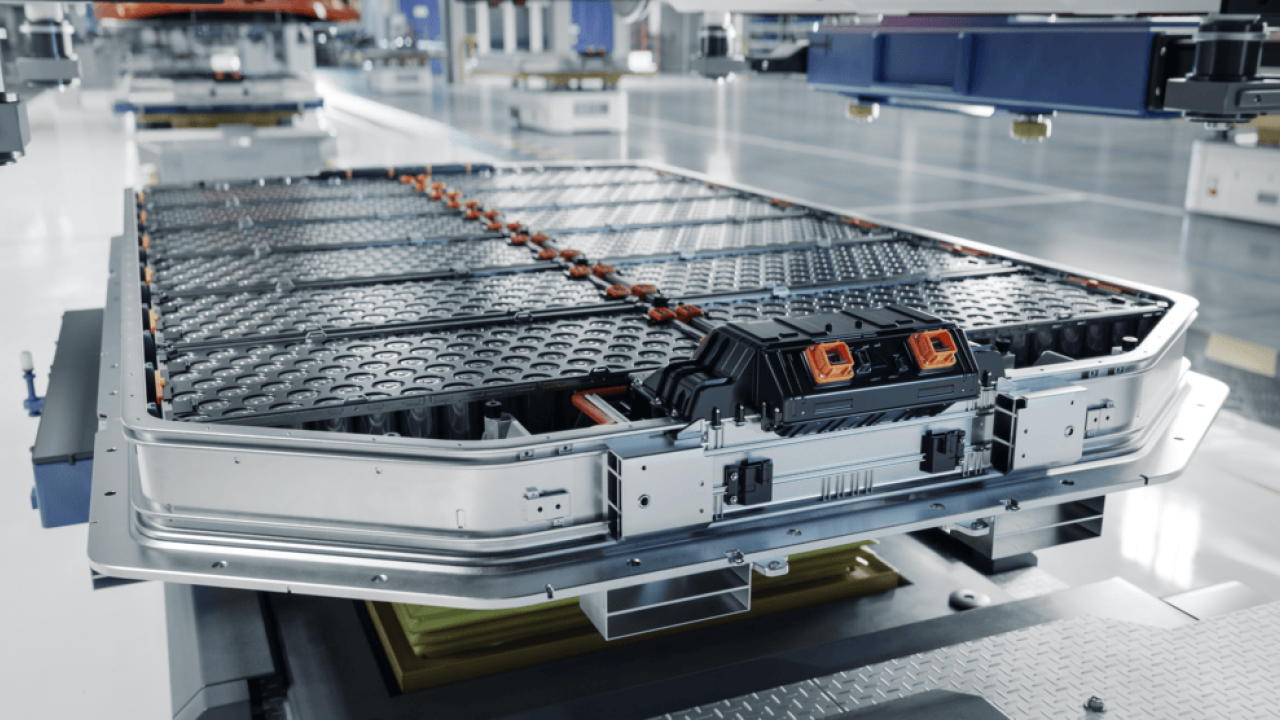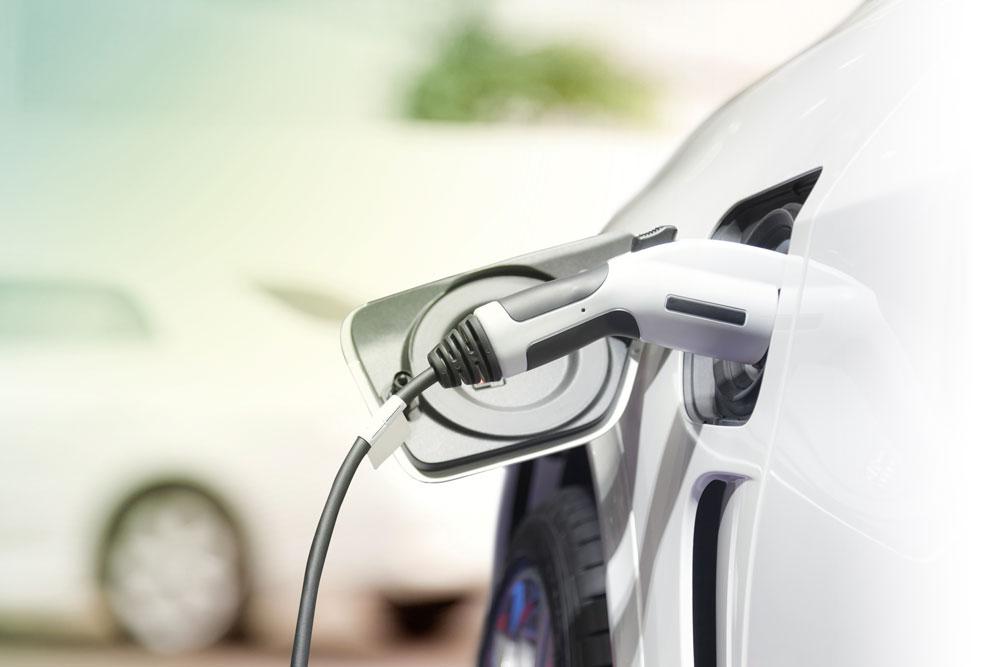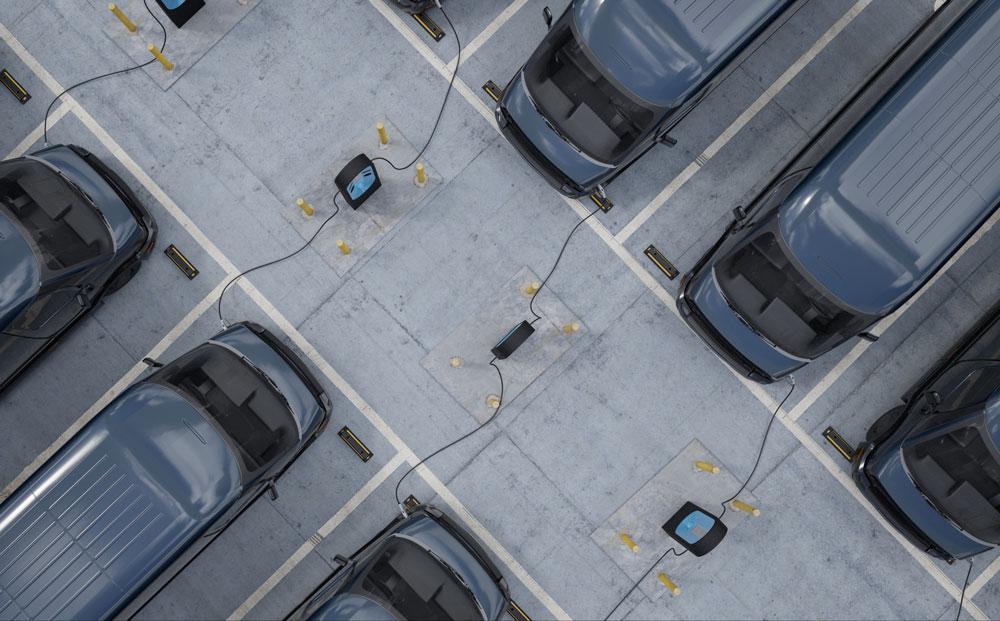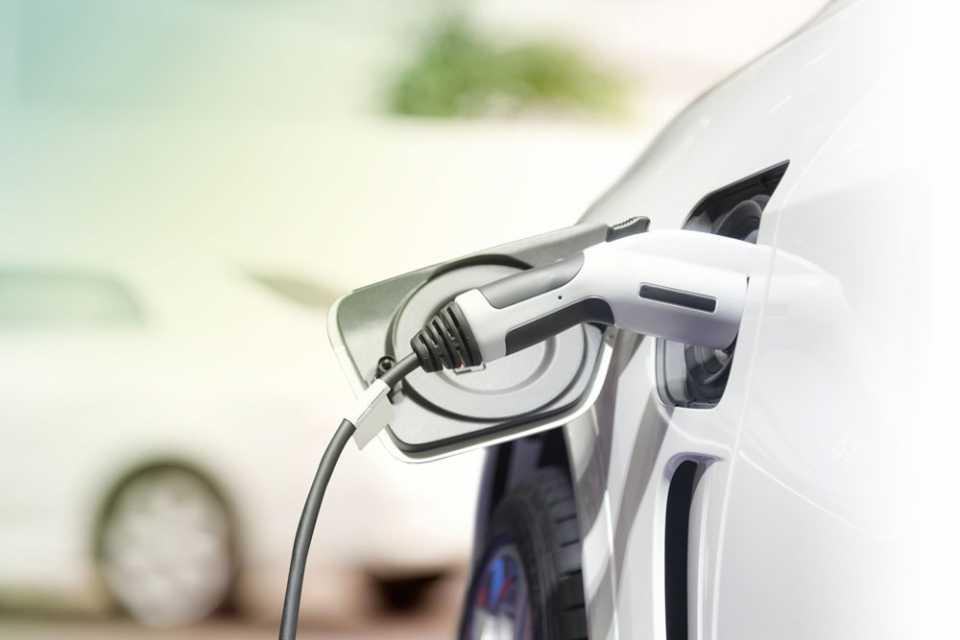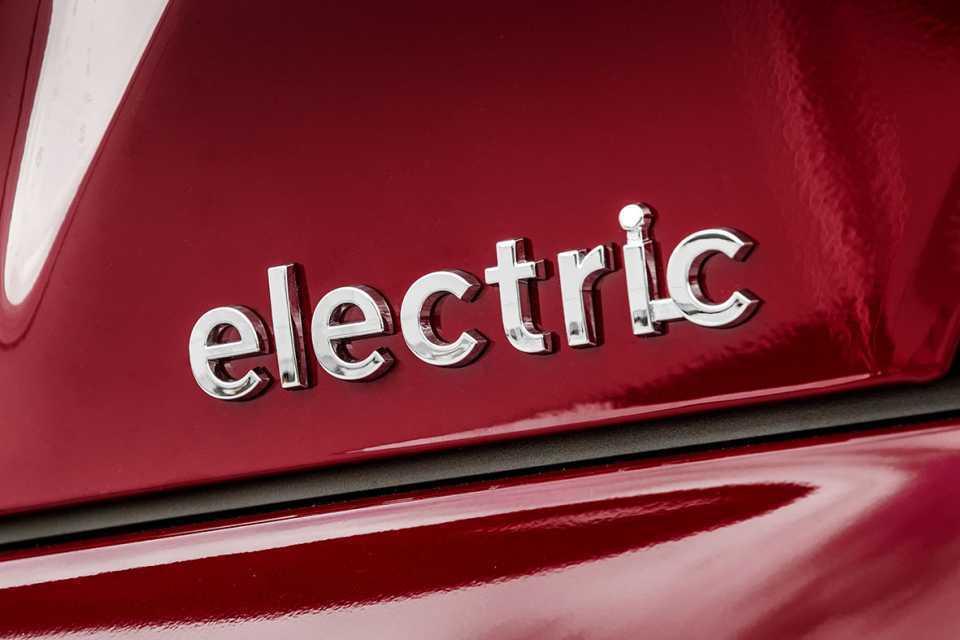Geotab, a global market leader in connected transportation solutions, has released new data indicating that electric vehicle (EV) batteries will now last 20 years or more.
The company analysed the battery health of almost 5,000 fleet and private EVs, representing nearly 1.5 million days of telematics data, to explore how the latest battery technology holds up to the rigours of daily use.
The data highlighted how batteries degrade, on average, by 1.8 per cent per year – compared to 2.3 per cent when Geotab last performed a wholesale analysis of EV battery health in 2019, and generally more slowly than internal combustion engine (ICE) drivetrain components.
David Savage, vice president for the UK and Ireland at Geotab, said: “With these higher levels of sustained health, batteries in the latest EV models will comfortably outlast the usable life of the vehicle and will likely not need to be replaced.
“However, we still see battery reliability being used as a stick to beat EVs with. Hopefully, data like ours can finally put these myths to bed. The fact is that a 1.8% decline in battery health is unlikely to have a significant impact on most driver’s daily vehicle needs, and this number will only come down further with new EV models and improved battery technology. People should feel confident that many current EVs are suitable and cost-effective to replace a range of light, medium and heavy-duty ICE vehicles.”
Battery degradation is a natural process that permanently reduces the amount of energy a battery can store or the amount of power it can deliver. The research found that high-use EVs did not show significantly higher battery degradation than others.
The best-performing EV models in the updated Geotab analysis posted a battery degradation rate of just one per cent.
Potential contributors to why some vehicle models, on average, degrade faster than others are battery chemistry and thermal management of the battery pack.
While current EVs mostly use lithium-ion batteries, there are many different variations of lithium-ion chemistries and this will influence how it responds to stress.

